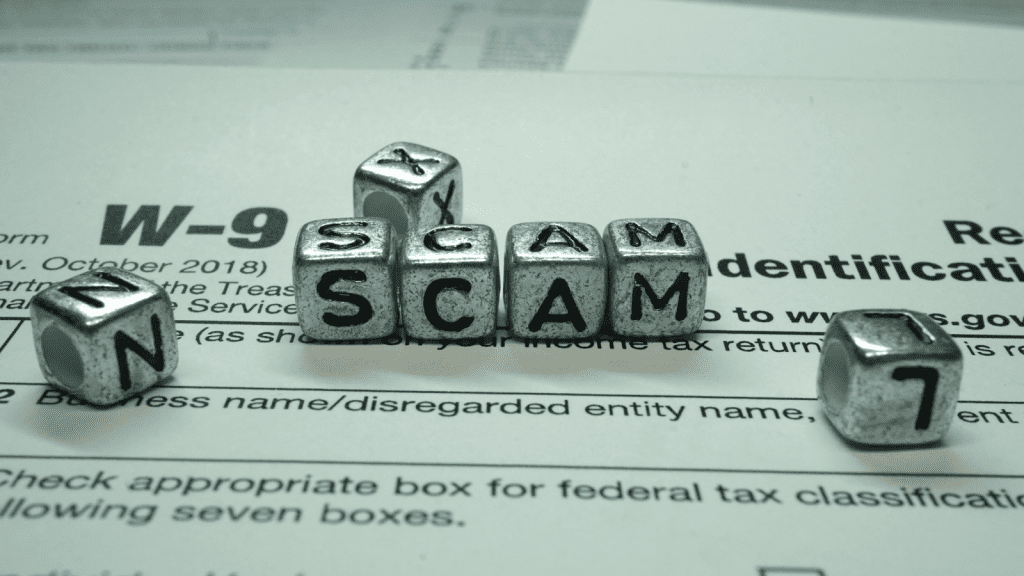When it comes to financial responsibility, one of the most overlooked yet vital aspects is the credit report. It’s not just a document that banks review when deciding whether to approve your loan, mortgage or credit card application. No, it’s much more than that. It’s a comprehensive record of your financial behaviour, and in many instances, it acts as the last line of defence in the fight against fraud.
A credit report is like a financial passport. It documents your financial dealings, borrowing patterns, repayment history, and any defaults on financial obligations. It includes personal information (name, date of birth, address history), credit history, public records (bankruptcies, county court judgments), and inquiries (companies that have requested your report).
Credit Reports: An Unsung Hero in Fraud Prevention
Banks and credit card companies use your credit report to validate transactions or credit applications, asking security questions based on its content. These can include questions about your credit limits, overdraft agreements, and address history to name a few.
Fraudsters impersonating you need to answer these questions correctly to succeed. If they have access to your report, they could convincingly trick banks into believing they’re you. This could lead to the opening of new credit accounts in your name, maxing out existing credit cards, or even taking out loans, leaving you to deal with the debt.
The fallout isn’t just financial. It could negatively impact your credit score, making future credit approvals challenging. While the process of disputing fraudulent activities and restoring your credit health can be extremely stressful.
The Perils of Ignoring Your Credit Report
If a fraudster accesses your report, they have your personal and financial details and a strong foundation to commit identity fraud. Neglecting your credit report can be disastrous for both your finances and emotional well-being. Many individuals only realise the importance of their credit report when denied a loan, credit card or mortgage due to a poor credit score that has been manipulated by someone else.
One key method to safeguard your report is by signing up for free credit report services and reviewing your account regularly to catch any anomalies. Alongside this, maintain best practices for financial security, such as updating passwords regularly, not sharing sensitive data, using secure networks for transactions, and staying alert to phishing attempts.
A Call to Banks: Rethinking Verification Processes
The value of credit reports in banking is irrefutable. However, the ease with which fraudsters can access these reports should prompt banks to reassess their reliance on credit report-based security questions for verification.
The system’s integrity is at stake if a fraudster can convincingly impersonate a customer by providing correct answers to these questions. This increases the risk of fraudulent transactions and identity theft and can lead to financial losses for both the bank and the customer.
In the ever-evolving landscape of financial fraud, complacency can be dangerous. Relying solely or predominantly on credit report-based questions can create a false sense of security. Banks may overlook other potential fraud indicators, thinking their verification process is foolproof.
While these report-based questions are an important part of the verification process, they should not be the only line of defence. Banks need to diversify their identity verification approach, incorporating more dynamic and secure methods that are harder for fraudsters to bypass. This could include biometric verification, behavioural analytics, or multi-factor authentication.
Understanding Your Credit Report
There’s an urgent need to raise awareness about credit reports, their role in our finances, and how neglecting them can have severe consequences. Let’s emphasise that our credit report isn’t just a document – it’s our financial reputation and a shield against potential fraud.
Maintaining regular checks on your credit report for any signs of fraudulent activity is crucial. Additionally, it’s paramount that banks revisit their verification processes, considering the increasing ease with which fraudsters can access these reports. Ultimately, it’s about safeguarding our financial reputation and preventing fraud – a responsibility we all share.



